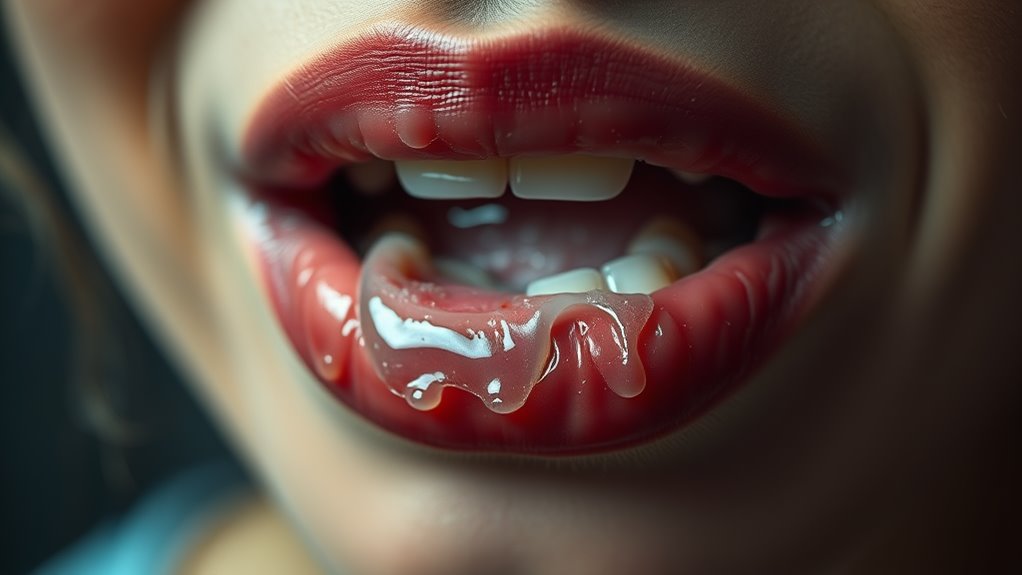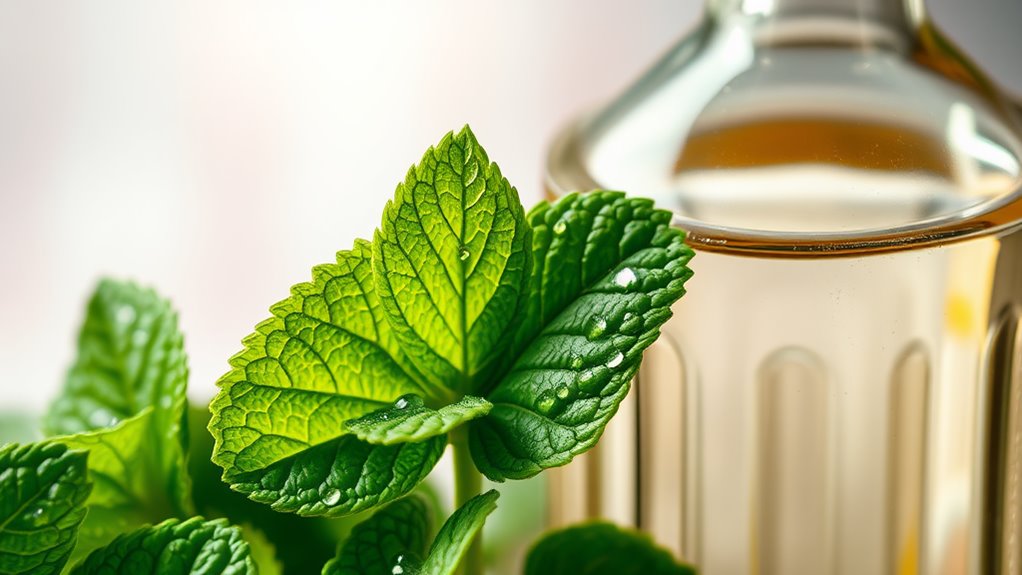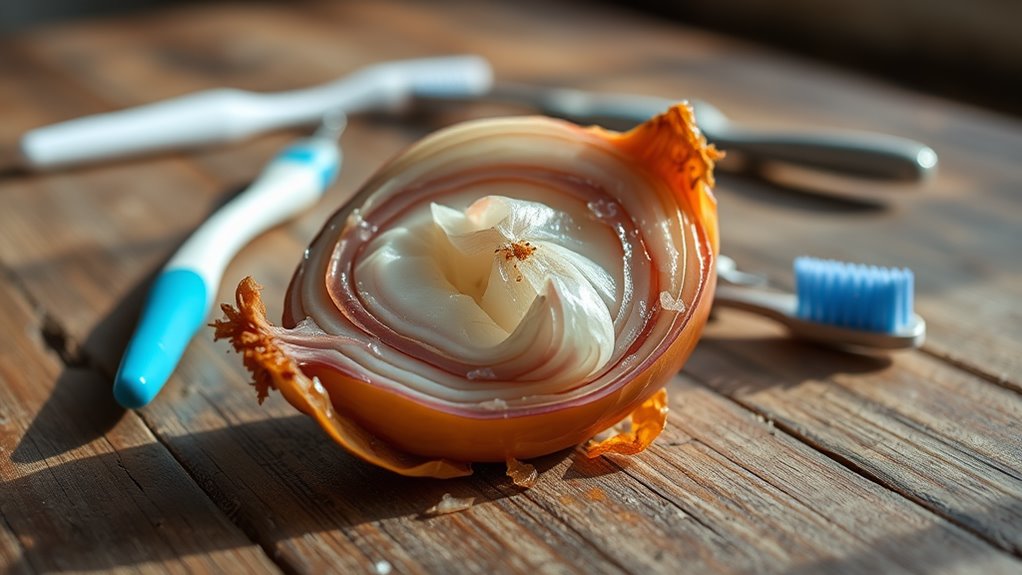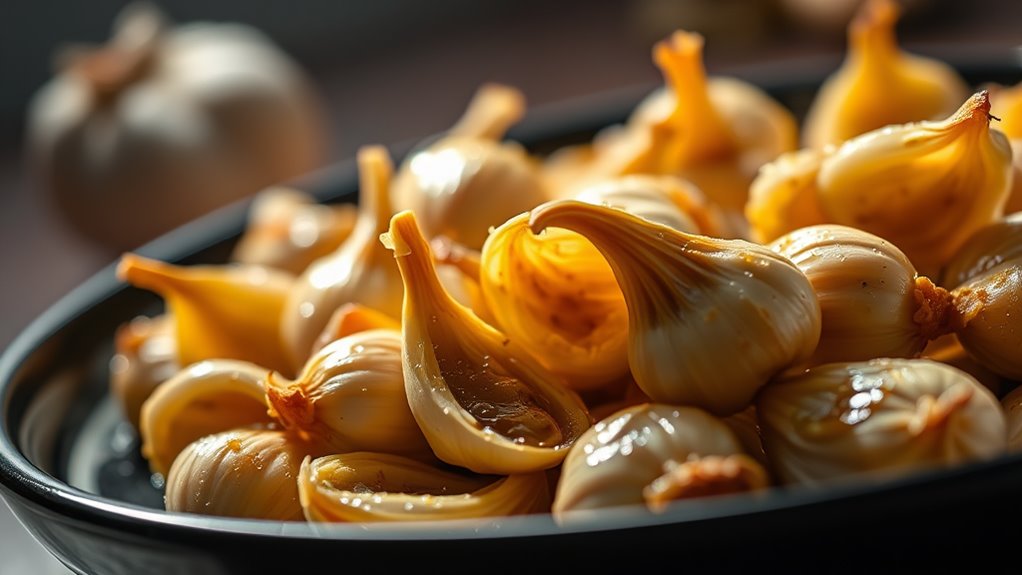Bad Breath. This One Drink Could Be the Culprit!
You might not realize it, but that morning cup of coffee could be behind your bad breath. While it wakes you up and offers a comforting aroma, coffee can dry out your mouth and let odor-causing bacteria thrive. Curious about how your favorite drinks might be impacting your breath? Let’s explore the connection between beverages and halitosis, and discover some surprising alternatives that could keep your mouth feeling fresh.
Understanding Halitosis and Its Causes
When you notice bad breath, also known as halitosis, it can be more than just an embarrassing moment; it’s often a sign of underlying issues. Understanding the bad breath causes can help you tackle the problem effectively.
First off, poor oral hygiene is a common culprit. If you’re not brushing and flossing regularly, food particles can linger, leading to bacteria growth and unpleasant odors.
Additionally, dental issues like gum disease or cavities can contribute to halitosis. Certain medical conditions, such as sinus infections or diabetes, might also play a role in your breath’s scent.
Even dry mouth, caused by medications or dehydration, can leave you feeling less than fresh. Dry mouth prevents effective washing away of food particles and bacteria, making it crucial to stay hydrated. Remember, you’re not alone in facing this; many people deal with bad breath.
Identifying the causes is the first step toward finding solutions and restoring your confidence in social situations.
The Role of Diet in Bad Breath
Although you might not realize it, your diet plays a significant role in the freshness of your breath. What you consume can either help or hinder your oral health, making it essential to be mindful of your food choices. Here’s a quick overview:
| Food Category | Good for Breath | Bad for Breath |
|---|---|---|
| Fruits & Veggies | Apples, Carrots | Garlic, Onions |
| Dairy | Yogurt (low sugar) | Cheese (high fat) |
| Proteins | Lean meats, Nuts | Fish |
Incorporating fresh, crunchy fruits and veggies can help scrub your teeth and neutralize odors. On the flip side, foods high in sulfur, like garlic and onions, can linger on your breath. By choosing wisely, you can nurture your friendships and make every conversation a little fresher! Additionally, maintaining a balanced diet rich in fruits and vegetables can significantly improve your overall oral health and breath freshness.
Identifying the Culprit: Common Drinks
You might be surprised to learn that certain drinks can contribute significantly to bad breath. Many of us enjoy beverages like coffee, soda, and alcohol, but they can create an environment for bacteria to thrive in your mouth. These drinks often contain sugars and acids, which promote the growth of odor-causing bacteria.
Additionally, drinks like coffee can dry out your mouth, reducing saliva production. Saliva is essential for washing away food particles and bacteria, so less saliva means more potential for bad breath.
Even seemingly harmless drinks, like fruit juices, can lead to the same issues due to their sugar content. If you’ve noticed persistent bad breath, it might be worth evaluating your drink choices. Notably, poor oral hygiene can also exacerbate the effects of these beverages, making it crucial to maintain a proper oral care routine.
How Specific Beverages Contribute to Halitosis
Certain beverages impact bad breath in specific ways, making it important to consider your choices.
For instance, coffee is notorious for leaving a lingering odor due to its strong aroma and acidity. When you sip on it, the compounds can dry out your mouth, reducing saliva that naturally cleanses bacteria. Additionally, beverages high in sulfur compounds can exacerbate bad breath, similar to garlic and onions.
Sugary drinks, like sodas, can also be troublemakers. They feed the bacteria in your mouth, leading to unpleasant odors.
Alcoholic beverages, particularly red wine, can contribute to halitosis as well. They can dehydrate you and leave behind compounds that your breath doesn’t forget.
Even diet drinks, though seemingly harmless, can cause bad breath due to their artificial sweeteners.
Practical Tips for Freshening Breath
When it comes to freshening your breath, simple habits can make a significant difference. You don’t need fancy products to keep your mouth feeling fresh and inviting.
Instead, focus on these easy tips that fit right into your daily routine:
-
Stay Hydrated: Drink water throughout the day to help wash away food particles and bacteria.
-
Chew Sugar-Free Gum: This stimulates saliva production, which naturally cleanses your mouth and neutralizes odors.
-
Snack on Crunchy Fruits and Veggies****: Apples, carrots, and celery not only taste great but also help scrub your teeth as you chew. Regular tongue cleaning is also essential for eliminating bacteria that can contribute to bad breath.
Alternatives to Problematic Drinks
While many people enjoy beverages like coffee, soda, and alcohol, these drinks can contribute to bad breath and dry mouth.
If you’re looking for alternatives that won’t leave you feeling self-conscious, why not try herbal teas? Peppermint or chamomile can freshen your breath while keeping you hydrated. Coconut water is another great choice; it’s refreshing and helps maintain moisture in your mouth.
You could also sip on flavored water—adding slices of lemon, cucumber, or berries can make it vibrant and tasty.
If you love sparkling drinks, opt for sparkling water with a splash of fruit juice; it’s bubbly and satisfying without the sugar overload.
These alternatives not only promote better breath but also foster a sense of community. When you share a refreshing herbal tea with friends or family, you’re creating connections while caring for your oral health.
Embrace these options, and you’ll feel more confident in social settings!




